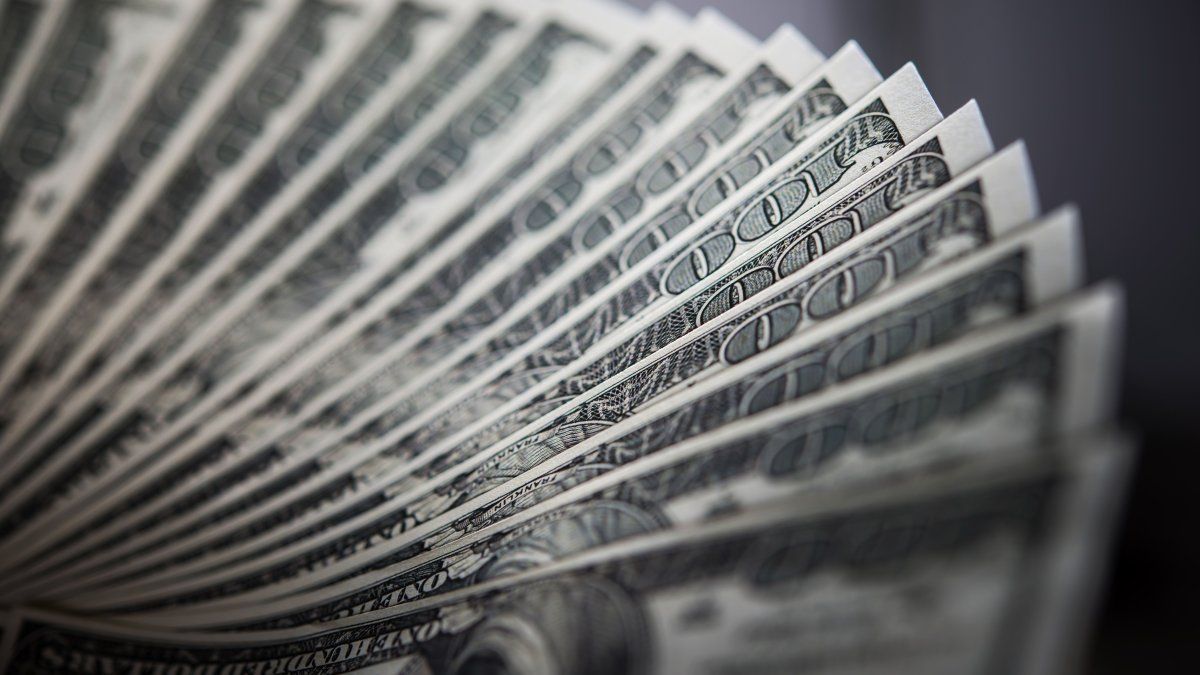The Foreign Minister wants to deepen relations with Senegal and the Ivory Coast. Dakar is intended to help build a bridge to the military governments in the Sahel. This is not entirely selfless.
Foreign Minister Annalena Baerbock wants to expand cooperation with democracies in West Africa in order to prevent the spread of instability from the Sahel. “Security here in the region, the future prospects of this region, are closely linked to our own security and our own development,” said the Green politician during a visit to Senegal. “The problems and challenges of the region, terrorism, migration, organized crime, poverty, also directly affect us in Europe.”
“If more countries in West Africa tip into instability, this will not only have dramatic consequences for the people there, but also a direct impact on our security in Europe,” warned Baerbock. The brutal conflicts between Islamists and the military in Mali, Burkina Faso and Niger are considered time bombs. More than three million people are on the run there – about four out of five are currently in their home countries. But the terrorists are also increasingly threatening the previously stable coastal states.
Baerbock: In the Sahel, we cannot simply carry on as before
There are no illusions about the unstable situation in the Sahel, said the Federal Foreign Minister after a conversation with her Senegalese colleague Yacine Fall. The putschists in Mali, Niger and Burkina Faso have set their countries back economically, politically and also in their relations with Germany. “We cannot simply carry on as if nothing had happened,” stressed Baerbock.
At the same time, however, it is also clear that the Sahel is in the immediate vicinity of Germany and Europe. “That is why we are not packing up our bags, but are acting pragmatically within the scope we have left,” said the Federal Foreign Minister, adding: “With all the crises that are currently keeping us on our toes, we know that Europe’s opportunities and challenges are inextricably linked to those of Africa.”
After military coups, region threatened with division
With Senegal and Ivory Coast, Baerbock is visiting two of the most important European partners in West Africa at a time when the region is threatening to split. The landlocked states of the Sahel region, Mali, Burkina Faso and Niger, are turning away from Europe and towards Russia after military coups. The coastal states, on the other hand, remain interested in cooperation.
At the same time as Baerbock’s visit, Development Minister Svenja Schulze (SPD) is organizing a meeting in Berlin of the so-called Sahel Alliance, a donor association that aims to support the states in the region. Germany, which currently holds the presidency, is the fourth largest donor behind the World Bank, France and the EU.
Democracies should work together more closely
In the afternoon, Baerbock met the newly elected President Bassirou Diomaye Faye, who is considered a key figure in attempts to stabilize the region. Senegal, with around 18 million inhabitants, is one of the most stable democracies in Africa. The country has never experienced a violent conflict since its independence from France in 1960.
“The Senegalese have clearly managed to initiate political change within the democratic system,” said Baerbock. “Wherever we as democracies, where we as Europe do not invest, others invest, which then creates dependencies that, in case of doubt, are used against us and also against our security interests.” It is no coincidence that China and Russia in particular are making very large investments on the African continent.
Electric express bus system to combat Dakar’s environmental problems
In Dakar, Baerbock was shown the electric rapid bus system Bus Rapid Transit (BRT). It went into operation in May and was financed by the European Investment Bank and the World Bank. The system is intended to help reduce the city’s environmental problems and protect the metropolis from traffic congestion. The population in the greater Dakar area has increased tenfold in the past 50 years to currently around four million inhabitants.
With German know-how and the European “Global Gateway” initiative, we are helping Senegal to advance its green transformation and benefit people in their everyday lives. “We see that there is an incredible amount of potential here, especially with regard to the expansion of infrastructure, especially for German companies,” Baerbock stressed.
The EU’s “Global Gateway” initiative plans to invest up to 300 billion euros in the infrastructure of emerging and developing countries over the next few years – also to ensure that the EU has more global influence.
Source: Stern
I have been working in the news industry for over 6 years, first as a reporter and now as an editor. I have covered politics extensively, and my work has appeared in major newspapers and online news outlets around the world. In addition to my writing, I also contribute regularly to 24 Hours World.




